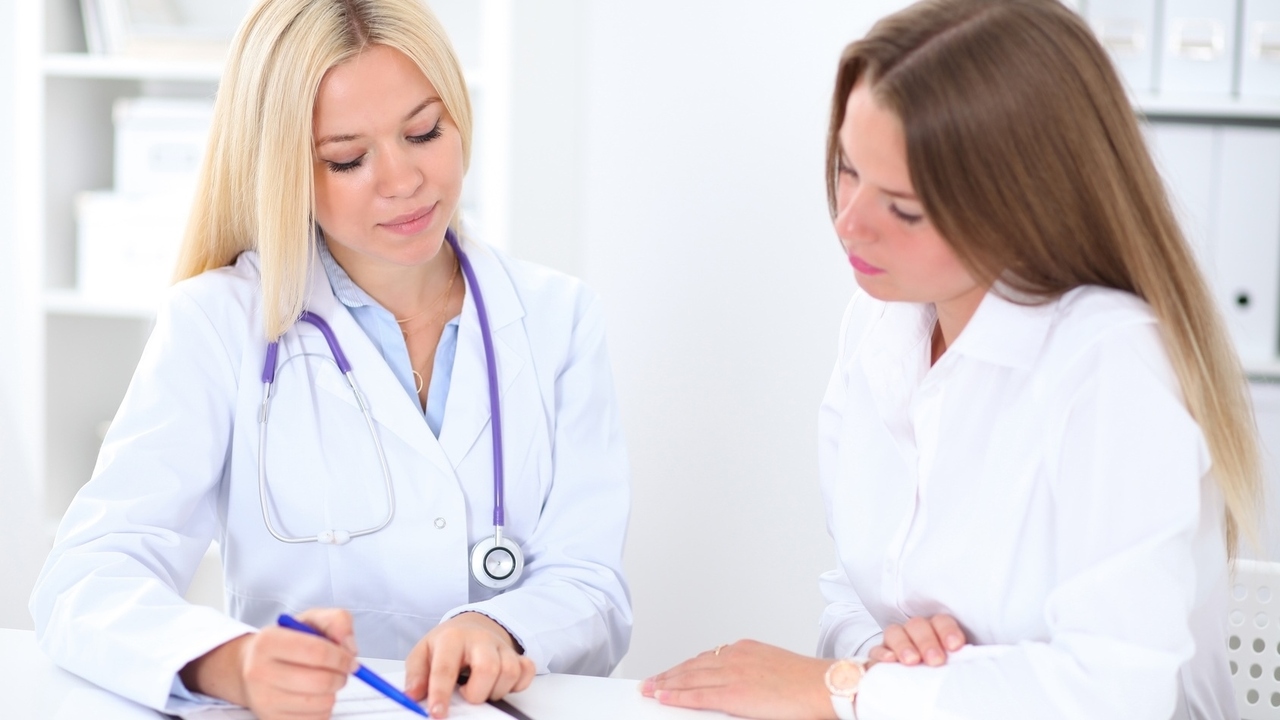According to the CDC, approximately 20 million Americans are currently infected with HPV. Every year another 6 million are infected, making HPV so common that half of all sexually active adults will experience this during their lifetime.
The CDC fact sheet on HPV provides the following statistics:
- Two of the main issues related to HPV are genital warts and cervical cancer.
- Genital warts can affect approximately 1% of sexually active men and women in the United States. Cervical cancer affects about 12,000 women in the United States.
Other cancers that can be caused by HPV are less common than cervical cancer.
Each year in the United States, there are approximately:
• 1,500 women who get HPV-associated vulvar cancer
• 500 women who get HPV-associated vaginal cancer
• 400 men who get HPV-associated penile cancer
• 2,700 women and 1,500 men who get HPV-associated anal cancer
• 1,500 women and 5,600 men who get HPV-associated oropharyngeal cancers (cancers of the back of throat including base of tongue and tonsils)
[Note: Many of these cancers may also be related to tobacco and alcohol use.]
People with weak or compromised immune systems are at a greater risk for contracting HPV.
How can people prevent HPV?
While there is no guarantee that HPV can be avoided, there have been vaccines that can prevent many types of cancers as well as warts. The vaccines can be given to children as young as nine years old for both boys and girls, but if given between the ages of 11 and 12 it is very highly effective.
There are two vaccines which have been developed for women and girls to help protect them from developing cervical cancer should they contract the strain of HPV which can cause it. These vaccines are called Cervarix and Gardasil.
Gardasil has also been proven to protect against most genital warts, as well as cervical, vulvar, vaginal and even anal cancer. Girls can begin getting vaccinated from the age of nine years old.
It is recommended that the same brand of vaccine be used for all types to limit an adverse reaction.
Gardasil can also protect men and boys from genital warts and anal cancer, and can be administered to them from the age of nine all the way up to age 26.
Since HPV can affect the mouth and throat and can be passed along via oral sexual contact, condoms are not the total solution to the problem of passing or contracting this infection.
However, since much of the time it is spread during vaginal or anal sex, using a condom during every phase of genital sex with any partner is a great way to lower the chances of your contracting or spreading it. Condoms must be used without fail, from the very beginning until the very end of sexual contact.
While it may be completely unrealistic, the only way, technically, for anyone to be absolutely certain of not becoming infected with HPV is to avoid all sexual contact for life.
Since this is beyond the realm of most healthy individuals, your chances for contracting HPV will dramatically be reduced by having a long term, monogamous relationship with a partner who has not been with many others.
Even in these instances, however, it is possible to contract HPV if your partner has it and doesn’t know (if they are asymptomatic).
How can people prevent HPV-related diseases?
There are ways to prevent the possible health effects of HPV, including the two most common problems: genital warts and cervical cancer. Gardasil is available to protect against most genital warts in males and females.
Health and wellness expert Dr. MaiyshaClairborne urges women to take preventative measures that are 1-2-3 easy. Cervical cancer is one of the more common cancers occurring in women, and simple screening for HPV and abnormal cells can help avoid such a preventable tragedy.
Learn more at http://www.mbswellness.org/
Sources:
Sexually Transmitted Diseases. Genital HPV Infection-Fact Sheet Centers for Disease Control and Prevention Retrieved from the internet on February 13, 2012 http://www.cdc.gov/STD/HPV/STDFact-HPV.htm
Dr. MaiyshaClairborne Urges Women to Take Steps Towards HPVPrevention
PR-USA.net. Retrieved from the internet on February 13, 2012
http://pr-usa.net/index.php?option=com_content&task=view&id=1073247&Item...
Aimee Boyle is a regular contributor to EmpowHER
Reviewed February 22, 2012
by Michele Blacksberg RN
Edited by Jody Smith





Add a Comment2 Comments
If you use The Natural lubricant with carrageenan (made by Dreambrands), it can help prevent HPV. Carrageenan has anti-viral qualities and research studies show that it inhibits transmision of HPV and other STD's. Plus it is all natural with no parabens, glycol or petro-chemicals - the healthiest lubricant and daily vaginal moisturizer.
February 23, 2012 - 1:32pmThis Comment
The emotional impact of discovering that you have HPV can outweigh the physical health issues one has to deal with. Go to H-Date.net to find support and other singles with HPV in your area!
February 22, 2012 - 6:54pmThis Comment